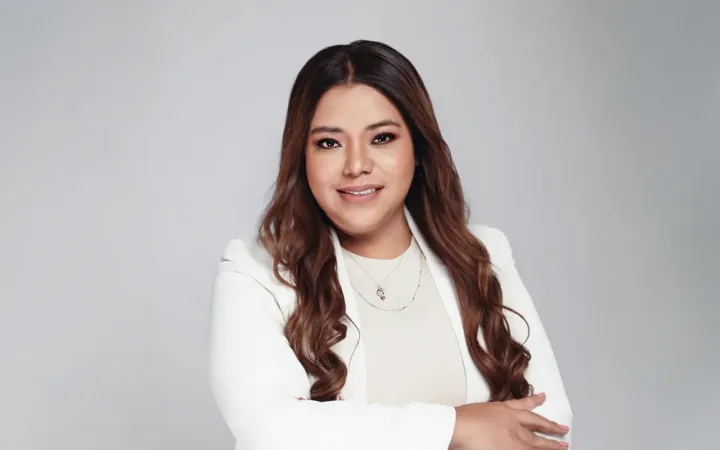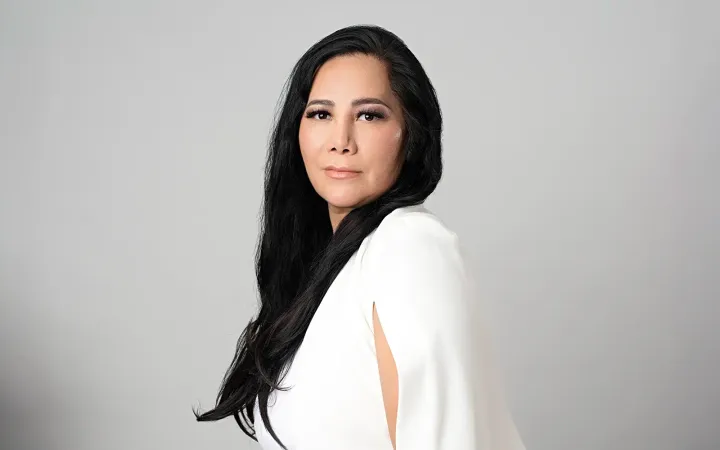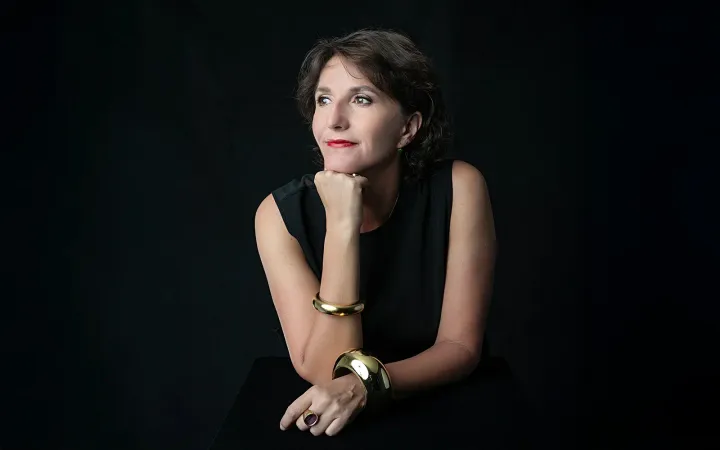
Por Pamela Cerdeira
Gabriela Perea, Gaby, es buena gente, y creció con la amenaza del cáncer de mama como si fuera un “decreto”. Todos los años, dos veces al día,se revisaba. Una mañana cuando sintió una bolita fue al doctor, y se operó a los tres meses, y es buena gente, y lo hizo todo como debía hacerlo, y aún así era casi demasiado tarde. Porque todo eso al cáncer, no le importó.
Su abuela paterna murió de cáncer de mama a los 40 años. Gaby se revisaba diariamente al bañarse y antes de dormir, y una mañana a los 42 años sintió una bolita. Al día siguiente, la bolita seguía ahí; al tercer día, ella ya estaba en el consultorio de la ginecóloga. Tenía solo tres meses de haberse hecho una mastografía que no arrojó ningún resultado. El tumor se alojaba justo detrás del pezón, pero no era la bolita que ella había sentido, y solo la tenacidad de quien le hizo el ultrasonido permitió encontrarla.
Al salir de su cita, en el estacionamiento, el señor que cuidaba el lugar le dijo: “Usted es muy buena gente, seguro no es nada”. Solo pasaron tres meses para que la operaran; ella insistió al médico que le quitara ambas mamas, quien a pesar de no estar de acuerdo, aceptó por motivos de salud mental. En lo que iba a ser una operación sencilla terminó alargándose por horas, el cáncer se había extendido a ganglios que tuvieron que ser removidos. Un par de días después de la operación, por el tiempo que estuvo bajo la anestesia, su oxigenación bajó a 72; los golpes de quienes intentaban sacar la camilla del cuarto, era el primer día de trabajo del camillero, la despertaron. Alcanzó a escuchar al enfermero decirle a su compañero: “Dile que respire por su hija” “Mamacita, jálele, jálele”, le decía.
Pero las pacientes de cáncer de mama saben que la operación es solo el principio; le sigue un largo camino de quimioterapias y radiación, tener un catéter, cuidar el corazón y los pensamientos. Gaby decía: “Dame otra oportunidad y voy a hacer que esto valga la pena”. Recuerda a una de sus compañeras durante el tratamiento: “me agarró la mano, me dijo te deseo lo mejor del mundo, aquí hay ángeles para ti, yo no voy a volver, no voy a volver, esto me va a matar”.
Respira
Había pasado ya por dos quimioterapias y todo parecía marchar bien hasta que empezó a paralizársele el cuerpo; no podía moverse ni hablar y oía de forma extraña. La muerte le habló de cerca, así que antes de rendirse se hizo una pregunta clave: ¿qué necesito para vivir? Respirar. Respira, respira. Hoy Gaby lo entiende como el principio básico de la meditación, y empezó, aun en esa calma, a hacer las paces con morirse. Al final, estaba en su casa, su hija estaba dormida, y no la iba a ver partir en un momento trágico. La trasladaron a su cama, y ahí, a un lado, estaba el teléfono de un terapeuta que en la primera sesión de quimioterapia le había compartido una enfermera; parecía una señal.
Podríamos imaginar esta historia como una nueva vida que corre de forma paralela: por un lado, el de la ciencia que permite al cuerpo luchar, hoy existe una terapia innovadora a base de anticuerpos conjugados para atender el cáncer de mama metastásico (la evidencia clínica ha mostrado una eficacia sin precedentes al reducir un 36% el riesgo de muerte, en comparación con otros tratamientos); y por otro, el emocional que permite a la persona renacer. Será hasta marzo que Gaby toque la campana, y a pesar de que reconoce que el miedo siempre está ahí, pero ahora ella emocionalmente está en otro lugar: “no te recuperas, te reinventas”, y esta nueva versión se centra en sentir, en hacer lo que la hace feliz.
Esta, la historia de éxito tendría que ser la de la mayoría de las pacientes, democratizar el acceso a la salud es una estrategia que permite salvar millones de vidas, la disponibilidad de tratamientos efectivos tanto en el sector público como privado marcarán un cambio significativo en el transcurso de la enfermedad y prolongarán la supervivencia en un país donde las tasas de incidencia y de mortalidad por este tipo de cáncer son muy altas.

Las opiniones expresadas son responsabilidad de sus autoras y son absolutamente independientes a la postura y línea editorial de Opinión 51.






Comments ()